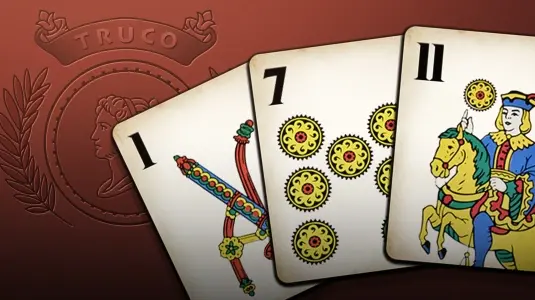Play Spades online with friends for free
Bidding Tips
Try to count the tricks you can be fairly sure that you can take:
- Top spades
- Each spade you have in excess of three (the suit won't usually break 3-3-3-4, but if someone else has a higher fourth spade, they are likely to use it to trump something, as you may also be able to do--so your fourth spade is usually a winner)
- Winners in side suits that can be taken in the first two rounds (don't expect a suit to go around more than twice before someone trumps it; in a suit other than spades, therefore, count an ace as a trick, count a king-queen as a trick, but don't count queen-jack-ten as a trick unless you are also long and strong in spades and can both draw the opposing trump and take time to force out the king and ace).
Since you score more points for bidding and taking more, you should at minimum bid the total of your fairly sure tricks. If you have good flexibility, you can stop right there and try to make your bid exactly without straining.
If you have few low cards but many tens, jacks, and queens, add at least a trick to your sure tricks; this will give you a higher score if you're successful, while keeping your overtricks to a minimum if the hand is underbid (that is, if the total of the bids is less than 13, making players reluctant to win tricks even when they can)
Underbid or Overbid
At the start of play, consider whether a hand is underbid or overbid--that is, whether the total of tricks is less than or greater than 13. On underbid hands, players should generally try to avoid taking anything but their certain tricks, while on overbid hands they should try to take whatever they can get.
If a player wins a trick with a low card early in the hand, that player is probably no longer on track to make his or her bid exactly. The same is true of a player whose ace is trumped on the first round a suit is led. If your partner is one of those who has met with the unexpected, look for an opportunity to make up the difference by winning or losing a trick you didn't plan to.
Bidding Nil
Contracting to take no tricks is a risky strategy, and cannot be reasonably tried without a weak spade holding and low cards in all suits. If partner has already bid a high number, though, a player may succeed at a nil bid without such a perfect hand, since partner's ability to win tricks offers some protection.
Top Ranked Winners
Can I play online?
Yes. Install the Plato app on iOS, Android, or macOS to play the full catalog with friends or matchmade opponents. You can also play Ocho online in your web browser — no install needed.
Can I play with friends?
Yep. Tap Create Private Game, then share the invite link or invite from your contacts. When they tap Accept, they're seated at your table.
Is it free?
Yes — free to play and ad-free. If you buy something, it's for looks (themes, profile flair), not power.
Is it fair?
Shuffles, deals, dice, and timers run on Plato servers, not your device. Everyone plays by the same rules and no one can peek at hidden information.
Is it safe?
You can block and report from profiles or chat. Public spaces use filters and human review. Some rooms use Chat Pass to deter spam, and privacy controls let you limit who sees you online.
Live vs. turn-based: what’s the difference?
Both are turn-taking; the difference is the clock. Live uses short timers for quick back-and-forth. Turn-based gives you longer — often up to 24 hours per move in games like Chess — so you can play at your pace.
 Spades
Spades










